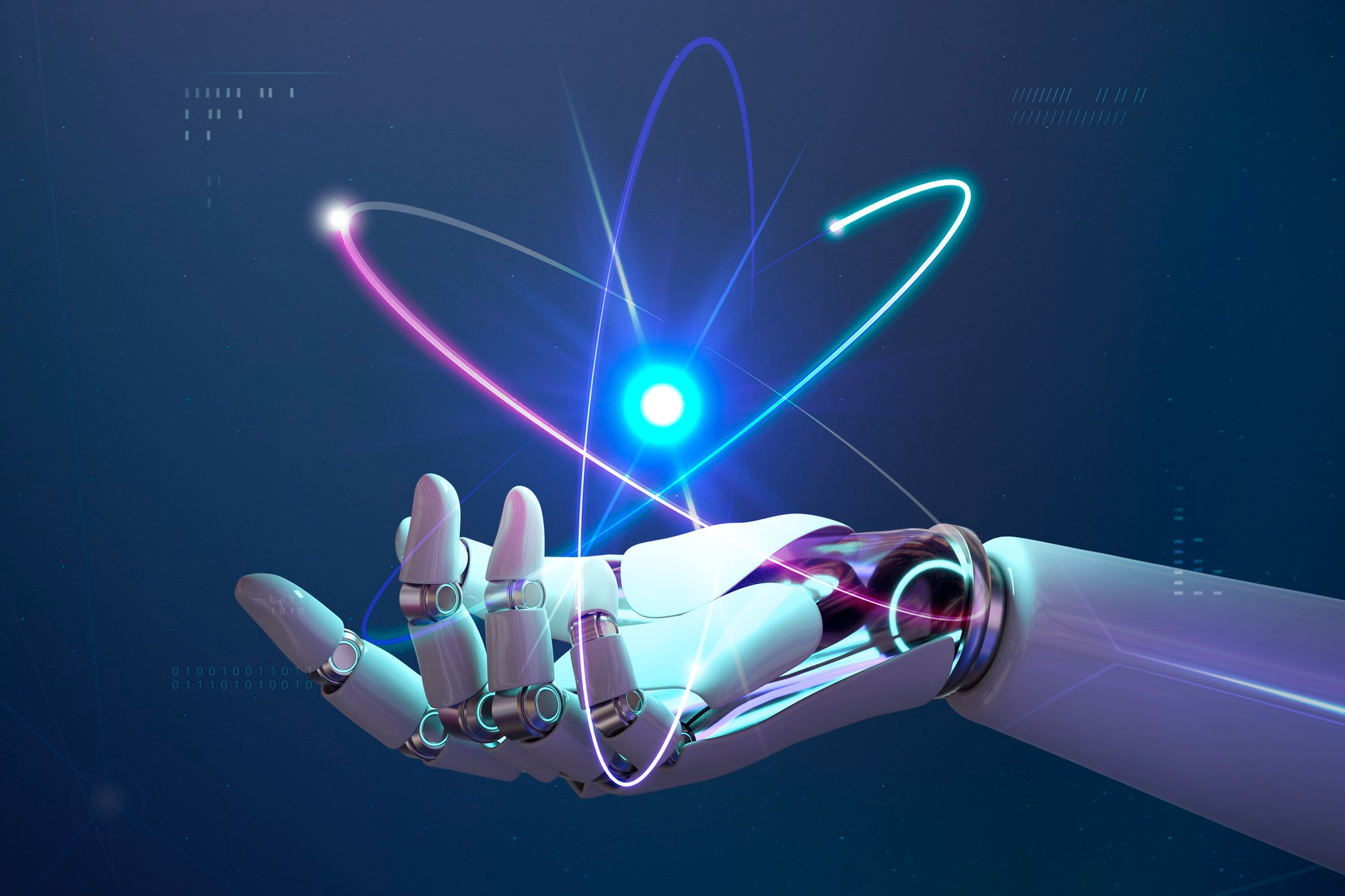Understanding DevOps

Before looking into the role of AI in DevOps, it is critical to understand the fundamentals of DevOps. DevOps evolved as a response to the issues given by the previous compartmentalized method, in which development and operations teams worked independently, resulting in inefficiencies, delays, and miscommunication. DevOps aims to promote cooperation, automation, and integration among various teams in order to streamline procedures and increase agility in software development and deployment.
The Rise of AI in DevOps
AI, with its ability to analyze massive quantities of data, automate tasks, and make intelligent judgments, has the potential to greatly improve DevOps techniques. AI-powered tools and approaches promise to improve efficiency, reliability, and scalability in software development and operations by automating repetitive tasks and detecting and preventing possible problems.
Automation for DevOps
Automation is at the heart of DevOps, allowing teams to optimize procedures, accelerate delivery, and increase consistency. AI-powered automation solutions go a step further, using machine learning algorithms to adapt to changing surroundings, discover trends, and dynamically optimize operations. Companies such as Puppet and Chef, for example, have integrated AI capabilities into their automation platforms, allowing for predictive analytics and self-healing methods to solve issues before they worsen.
Predictive Analysis and Intelligence
Predictive analytics is one of the most intriguing applications of artificial intelligence in DevOps. By evaluating historical data, monitoring system performance, and recognizing patterns, AI algorithms can predict prospective bottlenecks, breakdowns, or security vulnerabilities, allowing teams to take proactive risk mitigation measures. For example, Splunk and Datadog provide AI-powered monitoring and analytics systems that provide real-time insights into system activity, allowing for speedier problem resolution and continual optimization.
Continuous Integration and Deployment
Continuous Integration (CI) and Continuous Deployment (CD) are essential DevOps ideas that enable fast and dependable software delivery. AI improves these practices by automating testing, code analysis, and deployment procedures, decreasing manual intervention and speeding up time-to-market. Tools such as Jenkins, GitLab, and CircleCI use AI algorithms to optimize build pipelines, prioritize activities, and detect abnormalities, allowing teams to deliver high-quality software at scale with low overhead.
Challenges and Considerations
While the integration of AI has enormous promise for DevOps, it also presents problems and considerations for enterprises to handle. These include concerns about data privacy and security, algorithmic unfairness, skill gaps, and the need for cultural change. Furthermore, the complexities of AI systems and the possibility of unexpected repercussions highlight the significance of ethical and responsible AI deployment in DevOps methods.